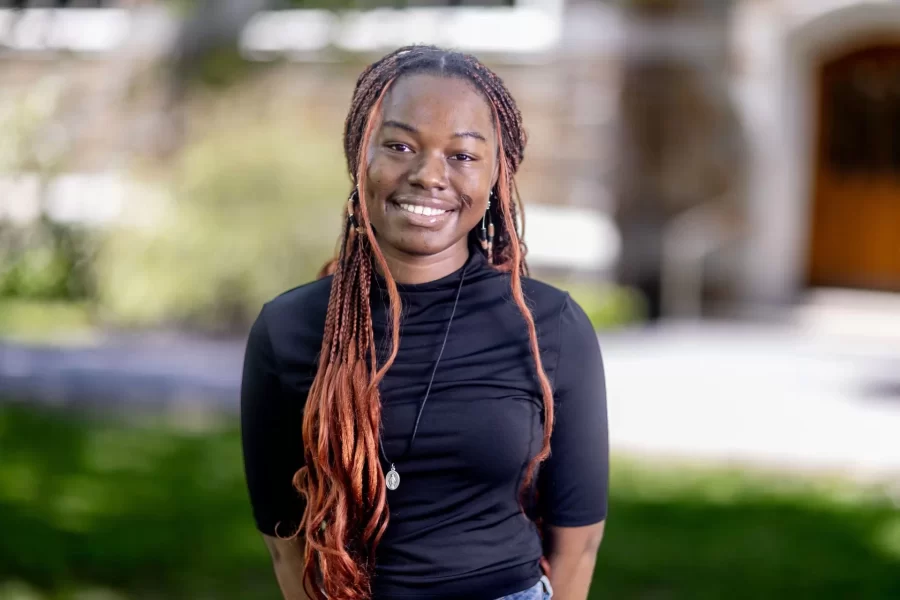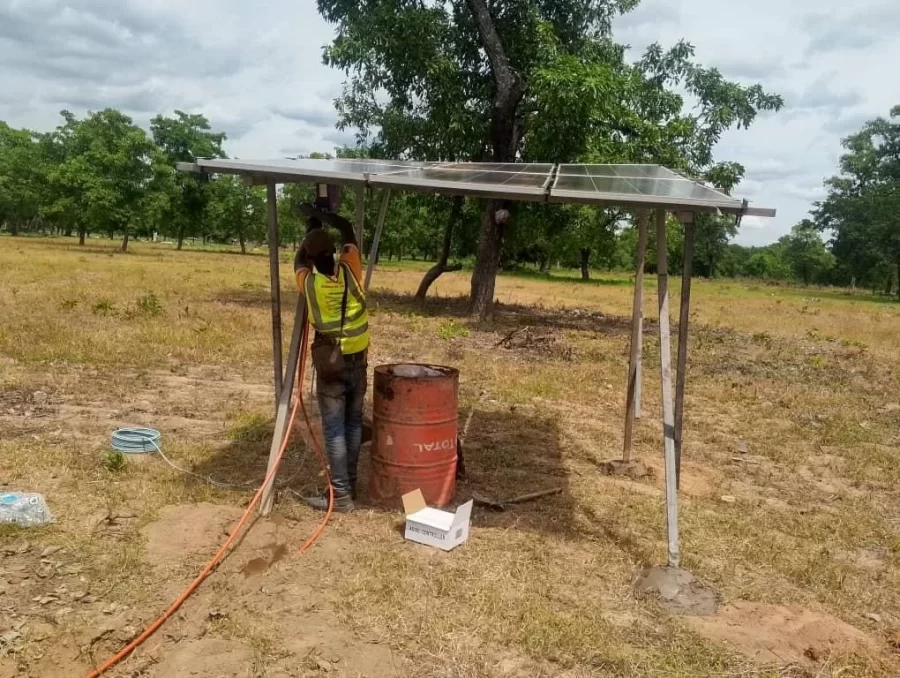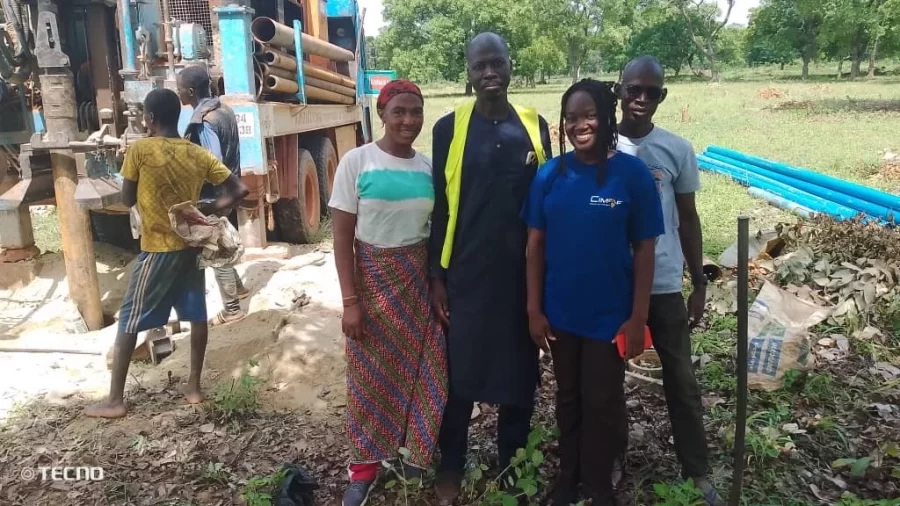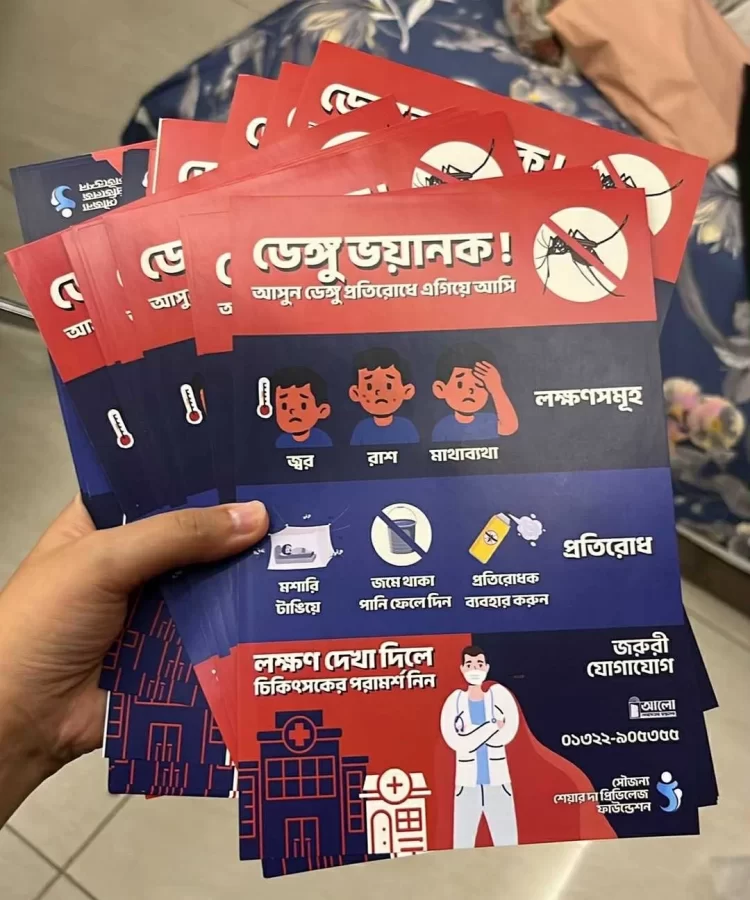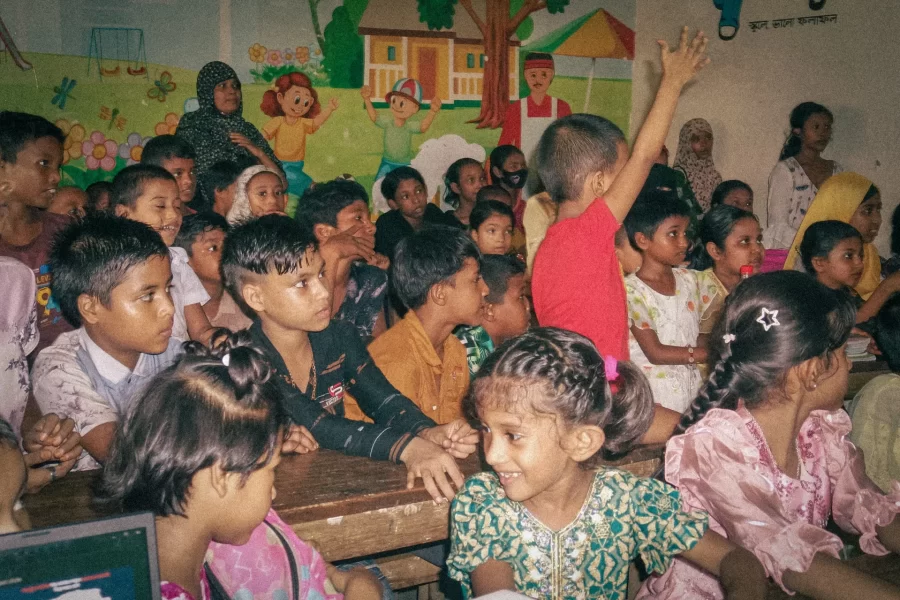A Peace-full Summer
One of the things I love most about my job at the Harward Center is the opportunity to serve as the college’s liaison to the Projects for Peace program, which awards $10,000 every year to 125 or more student leaders across the country to implement a “Project for Peace.” As the organization’s website notes, “the program encourages young adults to develop innovative, community-centered, and scalable responses to the world’s most pressing issues. Along the way, these student leaders increase their knowledge, improve their skills, and begin to see themselves as agents of change.”
At Bates, the Harward Center coordinates a competitive proposal and selection process aligned with Projects for Peace criteria, and then we submit the top two Bates proposals to Middlebury College, which hosts the national program, for further consideration. Eventually, one of our proposals is selected for implementation the following summer. Occasionally, both an institution’s proposals are accepted for funding.
Of course, a proposal is just a set of unrealized ideas. The real learning begins when students try to implement their ideas, often thousands of miles from Bates and always in collaboration with an off-campus partner organization. To get a window onto implementation, I recently followed up with our current Projects for Peace awardees.
Axelle Tougouma ‘27 is currently implementing her project, “Irrigation System in an Internally Displaced Cooperative’s Farm.” Her proposed idea involved spending the summer on site in Burkina Faso. However, because of recently imposed immigration restrictions, she cannot leave the U.S. so is implementing her project remotely instead.
One reason Axelle’s proposal rose to the top among Bates applications was because of her strong connection to her community partner, the Association AGNAWÊ GOMI. As Axelle outlined in her proposal, Burkina Faso has since 2015 faced increasing insecurity due to terrorism. According to a 2024 UN Refugee Agency report, the country has over 2,062,534 internally displaced persons and 40,338 refugees, with women and children constituting 82% of this group. Women, who are the primary caregivers in many families, face profound financial and professional vulnerabilities as they struggle to rebuild their lives and secure their children’s futures.
The Association AGNAWÊ GOMI is a cooperative of displaced burkinabe women who have found asylum in Ouangolodougou, a town in the far north of Cote d’Ivoire, just over the Burkina Faso border. Together, they engage in small-scale farming to support their families. Axelle’s project, developed collaboratively with the women’s cooperative, aims to establish a solar irrigation system that will alleviate water shortages and promote agricultural development and training in sustainable farming practices. In the short term, the irrigation system will increase crop yield by providing consistent water supply even during the dry season. In the long term, Axelle’s project will help create financial self-sufficiency for the women in the cooperative, creating a more resilient community in which education, healthcare, and mental health services are available for their children, extended families, and communities.
Asked to describe the current state of her project’s implementation, Axelle wrote: “Our agronomist is helping with sustainable training practices and also guides the women in the cooperative throughout their season. She trained them on how to make compost, which crops are adaptable to their soil, and how to scale production. They remain highly motivated, and the progress so far is very encouraging. We are continuing to monitor crop development and are preparing for the upcoming entrepreneurship and financial management training, which will further empower the women to sustain and scale their efforts,” said Axelle.
A second Bates Project for Peace project is also taking place this summer and, like Axelle’s, has had to accommodate unforeseen circumstances. Sardar Mohammad Ruhan ’26 and Sreenidhi Kamal ’26 received their award in 2024 but had to defer their project until this summer due to political unrest in Bangladesh. Their project, “Amelioration of Life-Threatening Dengue in the Slums of Dhaka: Tackling Health Disparity,” aims to reduce disease and death in Bangladesh from mosquito-borne illness. Their community partner is with Share the Privilege, a non-profit organization dedicated to helping distressed communities in Dhaka, Bangladesh tackle a spike in dengue cases, especially in underprivileged areas like Korail. Their project consists of a three-pronged approach to prevention through the distribution of sustainable mosquito-fighting equipment, implementation of innovative awareness campaigns, and increased treatment through the provision of life-saving medical equipment to low-functioning hospitals.
“So far, it has been an amazing and transformative experience for both of us,” says Ruhan. “We’ve of course faced challenges and had to make adjustments to the plan after talking to experts. For example, we changed the logistics of the awareness campaign and increased the number of mosquito nets. The school we went to, Pollibondhu Ershad School, had overwhelmingly positive feedback. We interviewed some students and teachers, and they all said that they had learned a lot about how to protect themselves.”
A constant priority over the years for the Projects for Peace organization has been to encourage students to be flexible, resilient, and unphased by abrupt changes in direction. Given the current high degree of global unpredictability, this rings especially true for this summer’s projects. We are proud of these students and the work they are doing to navigate that unpredictability and to work with their local collaborators toward more just, equitable, and peaceful societies around the world.
